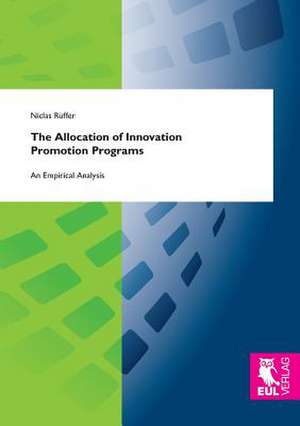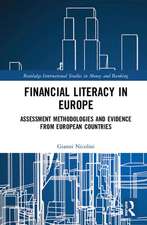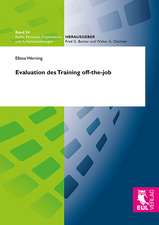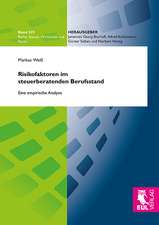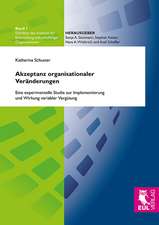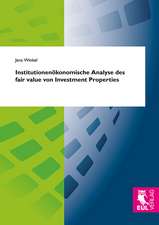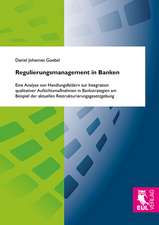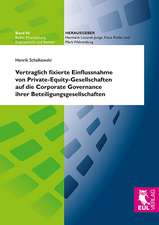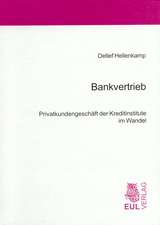The Allocation of Innovation Promotion Programs
Autor Niclas Rüfferen Limba Engleză Paperback – 7 iun 2015
Preț: 479.57 lei
Preț vechi: 592.06 lei
-19% Nou
Puncte Express: 719
Preț estimativ în valută:
91.79€ • 99.74$ • 77.16£
91.79€ • 99.74$ • 77.16£
Carte disponibilă
Livrare economică 29 martie-12 aprilie
Preluare comenzi: 021 569.72.76
Specificații
ISBN-13: 9783844104059
ISBN-10: 3844104054
Pagini: 316
Dimensiuni: 148 x 210 x 20 mm
Greutate: 0.38 kg
Editura: Josef Eul Verlag GmbH
ISBN-10: 3844104054
Pagini: 316
Dimensiuni: 148 x 210 x 20 mm
Greutate: 0.38 kg
Editura: Josef Eul Verlag GmbH
Cuprins
1. Introduction2. Rationales for Policy Actions Promoting Innovation2.1. The Nature of Innovation2.2. Market Failure in R&D and Innovation2.3. System Failure in Systems of Innovation2.4. Frameworks for Identifying Market and System Failure in Systems of Innovation2.5. Innovation Policy Instruments2.6. Conclusion3. A Framework of Analysis for Allocation Processes of R&D Subsidies3.1. Drafting a Program and Defining Eligibility3.2. Awareness of the Eligible Group3.3. The Application Decision of Firms3.4. The Acceptance of Firms into the Program3.5. Enrolment of Accepted Firms4. The Innovation Promotion Program (Innovation Vouchers) - Descriptive Evidence4.1. Innovation Vouchers - Idea and Diffusion4.2. Introduction of "Innovationsgutscheine" in Baden-Wuerttemberg4.3. The Database4.4. Descriptive Evidence on the Innovation Voucher Program5. Analyzing the Allocation Process of Innovation Vouchers in Baden-Wuerttemberg5.1. Previous Evidence pertaining to Allocation Processes of R&D Subsidies5.2. Rationales for the Introduction of the Program and Definition of Eligibility of Innovation Vouchers5.3. The Application Decision of Firms5.4. The Acceptance Decision by the Board of Experts and the Enrolment Decision of Firms6. Effect Analysis of Innovation Vouchers in Baden-Wuerttemberg - Evaluation6.1. Economic Success of the Policy Instrument Innovation Vouchers6.2. Success of Innovation Projects and Cooperation6.3. Summary and Conclusions7. Summary and Conclusion
Notă biografică
Niclas Rüffer was born in 1981 in Minden (Germany) and studied economics in Heidelberg, Berlin and Rome from 2001¿2006. After gathering international work experience in Sydney and Melbourne in 2007, he joined the Center for SME Research and Entrepreneurship of Mannheim University in 2008. He conducted various research projects for stakeholders such as the European Union, the Federal Ministry for Education and Research and the Ministry of Economics of the state of Baden-Württemberg. As a guest researcher he joined Hitotsubashi University in Tokyo in 2012¿2013 before finishing his doctoral thesis at Mannheim University in 2014. Since 2013 he has served as a guest lecturer in Kobe University and since 2015 as a guest professor at the University Lyon II.
